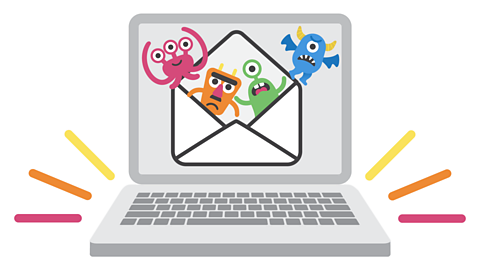Living life online

Have you ever wondered what life was like before the internetA giant network of computers connected across the world.?
- If you wanted to catch up with friends, you had to visit them in person.
- Phones were fixed inside the home, so no chatting on the mobile while you were out and about.
- If people lived in another country, then you'd need a pen and paper to write them a letter.
Although it was much more complicated to communicate with friends and family back then, it did mean that we probably spent more time thinking about what we said and how we behaved.

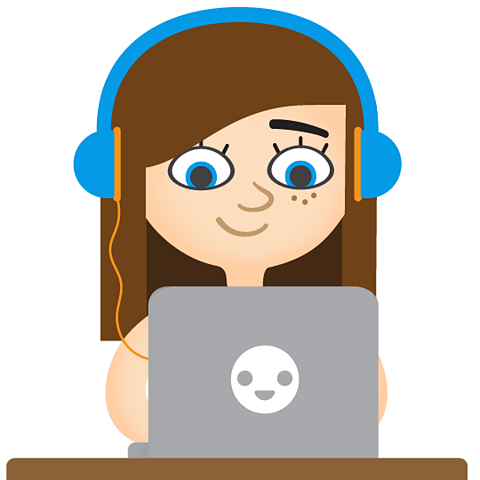
These days we can chat to friends anytime by going onlineConnected to the internet. and sending a quick message or text.
We can share photos of what we are doing with hundreds of friends using app(Short for application) A program or tool that is used on a digital device. and social mediaOnline platforms, apps and communication tools used to connect people together in groups.. With the tap of a finger or the click of a mouse, we can also comment on what our friends and family share.
Being respectful and responsible

Online communication is so quick and easy, that we can sometimes forget there is a real person on the other end of a message or a comment.
We can click, tap or type before we have really thought about what we are saying.
Two useful words to remember when you are spending time online are respectful and responsible.
- Being respectful is all about treating someone thoughtfully and being polite and considerate.
- Being responsible means sticking to the rules, owning up if you get it wrong and helping others.

Some tips for being respectful and responsible online
Being a great friend

Showing respect is important to keep in mind in everyday life - online and offline.
Sometimes, it's easier to say things to people online than it is offline.
It's important to think about the person you're speaking to in real life terms - remember that behind every screen is a real person.
Being kind and positive online is just as important as being kind and positive face-to-face. It's important to keep what you say to people as respectful as if they were in the room with you.
Showing respect means being kind and thinking about what you're saying to someone, whatever the situation.

Sometimes saying sorry
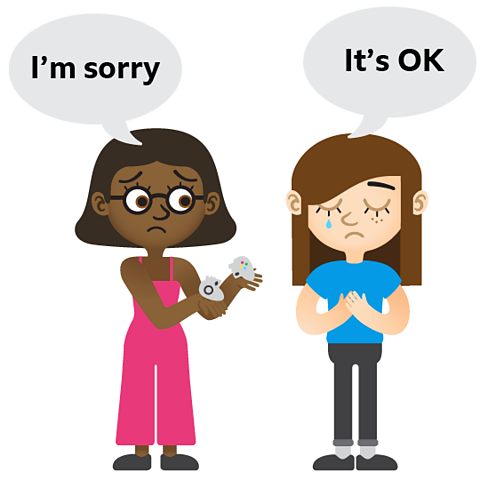
The online world is a lot like the real world.
Friendships and fall-outs can be a big part of life - and sometimes they can happen even when we're trying really hard to be a good friend online.
If you've had a disagreement with someone you know while you're online, it can be difficult to get over it when you see them again in person.
Much like in the offline world, it's good to know when to apologise and make amends.
If you ever upset someone online, even if it wasn't on purpose, then saying sorry is a really powerful and positive action to take.
Does being anonymous make it easier to be mean?

One of the ways that being online can encourage disrespectful or irresponsible behaviour, is the fact that we can communicate without people knowing our real identity.
We can be anonymous.
Anonymity is when someone doesn't know who you are - and you don't know who they are.
This can happen when someone communicates with a fake profile or use a fake name.


Being anonymous can mean freedom to express yourself without fear - but there can also be a downside.
Anonymity can encourage some people to be mean. People might ask or say things that they would never say to your face.
If you send anonymous messages, you might receive things that you don't want to see and when sending anonymous messages yourself, you might send things you would never say in real life.
These things can come back to bite you in the future and using anonymous apps can leave you open to people trollingDeliberately making unkind or provocative comments to start an argument online. you.
Acting responsibly online
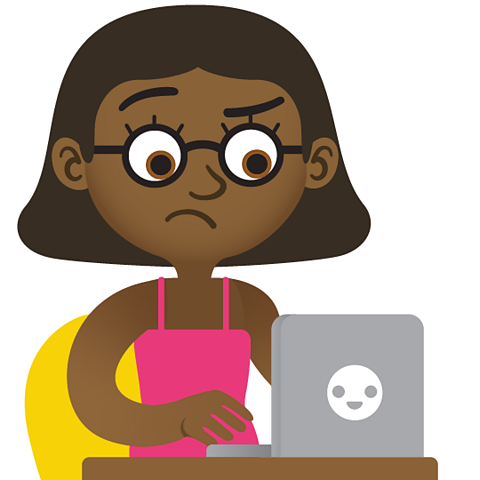
Think about if you weren't getting along with someone - now imagine writing down everything you didn't like about them.
Imagine reading that note out to their face, while other people watched. It would be really tough, you'd feel very bad and people might think you're mean.
When people don't have to take responsibility for their actions, it is easier to be meaner. In online spaces, where there is a lot of anonymity, there can be a lot more nastiness.

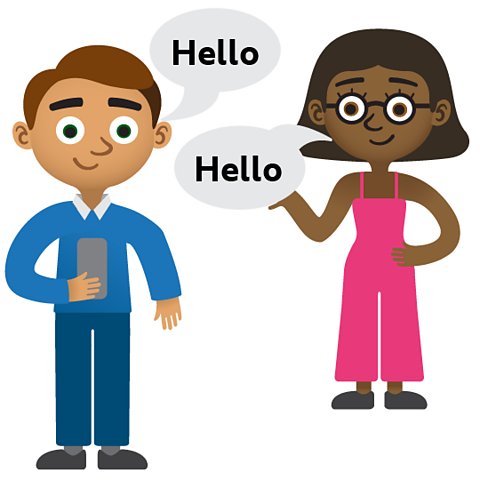
The great thing about face-to-face conversations is that we are more likely to know how the other person is feeling.
Are they smiling or looking sad? Did we hurt their feelings, even if we didn't mean to? They can let us know.
Online, it's much harder to understand these things and so it's important to be more careful with our words.
How to get help

If you're worried about anonymity online, there are some things to remember.
- You don't have to take nasty comments or online abuse from strangers.
- Speak with a trusted adult and think before downloading anonymous apps.
- You should block or report any users for being nasty or unkind.
- You can treat people with respect even if others don't.
We all feel bad when people don't take care with their words - so we should always try to treat people with respect, whether we know them or not.

Activities
Computing - Dance Mat Typing. gameComputing - Dance Mat Typing
Build and test your computing skills with different levels of touch type challenges

More on Digital literacy
Find out more by working through a topic
- count1 of 12
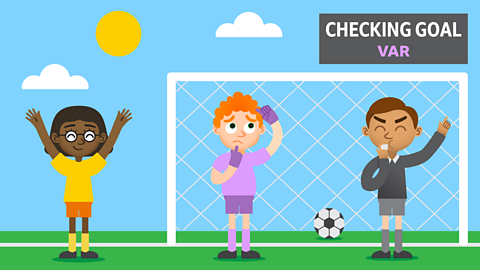
- count2 of 12
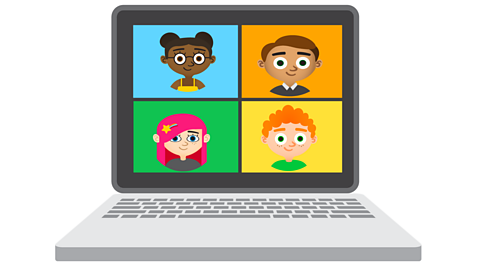
- count3 of 12
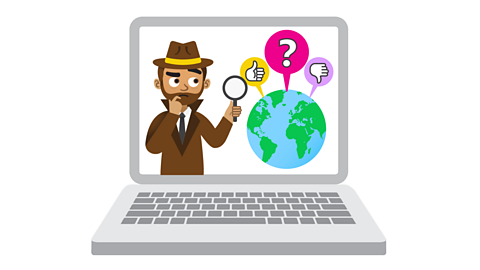
- count4 of 12
